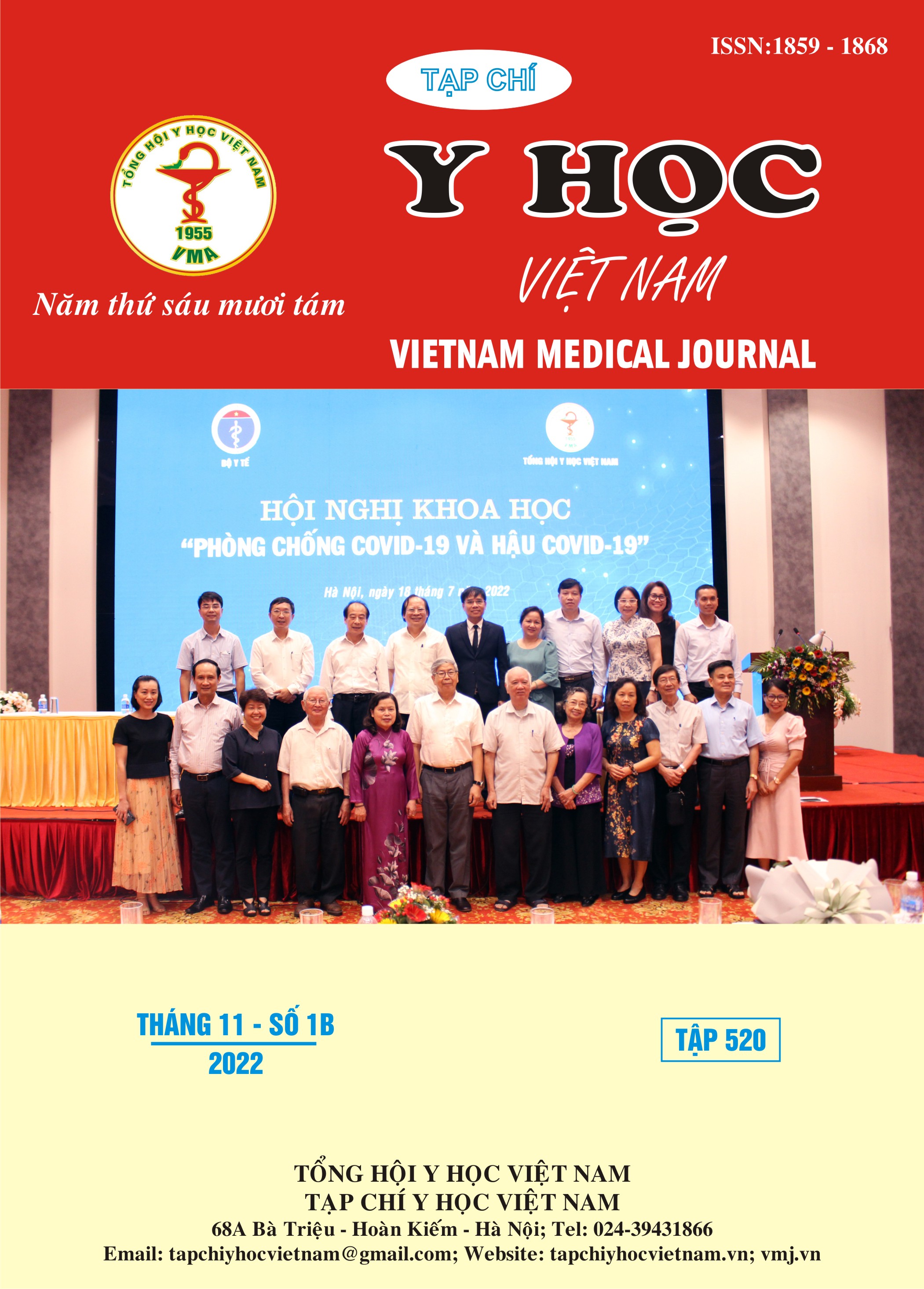EVALUATING THE EFFICACY AND SAFETY OF THREAD EMBEDDING ACUPUNCTURE IN THE TREATMENT OF GERD: A SINGLE-BLIND, RANDOMIZED CONTROLLED CLINICAL TRIAL
Main Article Content
Abstract
Objectives: GERD is currently a disease of great concern and treatment is still challenging. This study evaluated the efficacy and safety of thread embedding acupuncture when combined with standard treatment. Method: A single-blind randomized controlled clinical trial study with 66 GERD patients (GerdQ≥8) was conducted. The control group (N=33) received standard treatment including guidance on lifestyle changes, PPIs and antacids; the intervention group (N=33) received additional thread embedding acupuncture twice for 4 weeks. Treatment efficacy was assessed every week based on positive predictive symptoms of GERD according to GerdQ and adverse effects of thread embedding acupuncture were followed. Results: After 4 weeks of treatment, the control group had a treatment effect of 66.7% (95% CI, 48.6 – 80.9%) and 93.9% (95% CI, 77.9 – 98.6%) in the intervention group (p=0.0053). For complete improvement, the control group achieved 9.1%, the intervention group 63.7% (p<0.0001), with RR=7 (95% CI, 2.3 – 21.2). Adverse events accounted for 9.1% and most did not require treatment and had no sequelae. Conclusion: Thread embedding acupuncture combined with standard treatment brings high efficiency and safety in GERD patients. Intervention studies based on clinical patterns classification should be conducted.
Article Details
Keywords
gastroesophageal reflux disease, GERD, thread embedding acupuncture, PPI, acupuncture.
References
2. Weijenborg PW, Cremonini F, Smout AJ, et al. PPI therapy is equally effective in well-defined non-erosive reflux disease and in reflux esophagitis: a meta-analysis. Neurogastroenterol Motil. 2012;24(8):747-57, e350.
3. Zhu J, Guo Y, Liu S, et al. Acupuncture for the treatment of gastro-oesophageal reflux disease: a systematic review and meta-analysis. Acupunct Med. 2017;35(5):316-323.
4. Luo Z, Hu X, Chen C, et al. Effect of Catgut Embedment in Du Meridian Acupoint on Mental and Psychological Conditions of Patients with Gastroesophageal Reflux Disease. Evid Based Complement Alternat Med. 2020;2020:5415813.
5. Hunt R, Armstrong D, Katelaris P, et al; Review Team: World Gastroenterology Organisation Global Guidelines: GERD Global Perspective on Gastroesophageal Reflux Disease. J Clin Gastroenterol. 2017;51(6):467-478.
6. Sakurai K, Suda H, Fujie S, et al. Short-Term Symptomatic Relief in Gastroesophageal Reflux Disease: A Comparative Study of Esomeprazole and Vonoprazan. Dig Dis Sci. 2019;64(3):815-822.
7. Wang XL, Lin GH, Xu N, et al. [Analysis of adverse reactions of acupoint catgut embedding therapy]. Zhongguo Zhen Jiu. 2020;40(2):193-6.
8. Li H, He T, Xu Q, et al. Acupuncture and regulation of gastrointestinal function. World J Gastroenterol. 2015;21(27):8304-13.


